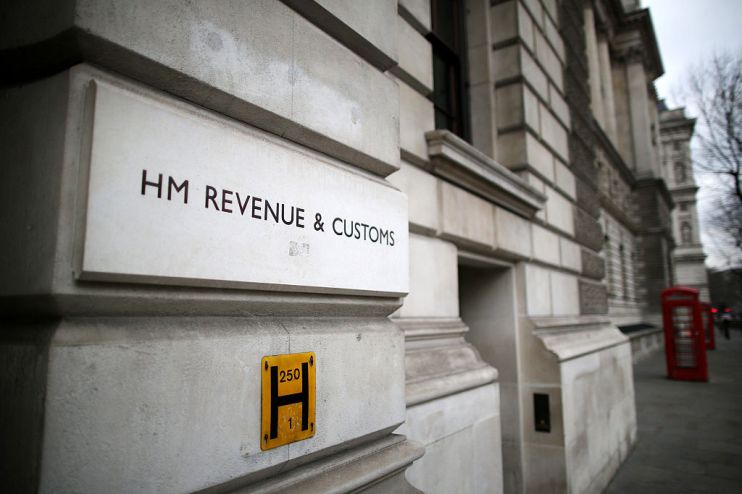HMRC yet to win a single prosecution that’s used an account freezing order

HMRC has failed to prosecute any case in which an account freezing order (AFO) has been obtained since their inception in 2017.
To date HMRC has issued 381 account freezing orders – resulting in over £56m in assets being frozen, but with none resulting in a prosecution, according to a freedom of information request by law firm JMW Solicitors.
HMRC has also returned over £18m in frozen assets since the introduction of AFOs in 2017. This could be due to the AFO being discharged or a forfeiture application being unsuccessful, said the law firm.
Regulatory bodies including HMRC have been able to apply for an order to detain, and subsequently forfeit, listed assets, property or money where criminal activity is suspected, since 2017 when The Criminal Finances Act 2017 was introduced to tackle white collar crime and money laundering.
A HMRC spokesperson said “AFOs can be a meaningful alternative to prosecution and the success of their use cannot simply be measured by prosecutions. There are ongoing cases where they have been used which demonstrate how we are disrupting the flow of illicit finances”.
Account freezing orders can be used on accounts holding £1,000 or more and provide the investigator with up to a possible two years to determine if the funds are illegitimate.
Over the last twelve months, HMRC has issued 151 account freezing orders resulting in a record total of £26m in assets being frozen.
JMW Solicitors found that, in the same period, over £10m in funds were also returned – suggesting that the order was discharged or HMRC were unsuccessful in applying to forfeit the assets.
“Investigative authorities can be quick to apply for account freezing orders,” said Sam Healey, Partner at JMW Solicitors who described AFOs as a “highly intrusive and invasive measure”. Healey also said that with the focus of an application and reasonable grounds being on suspicious activity: “It can mean that at the time of their initial application to the Court, there is often little or no evidence to suspect the funds are the product of criminal conduct, or to be used for unlawful conduct.”
A HMRC spokesperson rejected the criticism and said: “We take a blended approach, using the full range of powers, in targeting the proceeds of tax crimes, or when assisting partners disrupt other serious criminality. These orders are highly impactful and HMRC has robust internal assurance processes to ensure they are used appropriately.”
“It’s the courts who decide whether to grant an AFO and since they were introduced, the courts have authorised 95 per cent of our requests to freeze suspicious amounts in bank accounts.”